Sports
French Open women's final
Two years after winning her first Grand Slam title, Coco Gauff has taken home her second crown. The 21-year-old American — and the No. 2 player in the world — won the 2025 French Open with a strong 6-7 (5), 6-2, 6-4 win over world No. 1 Aryna Sabalenka on Saturday. The victory at Roland-Garros […]
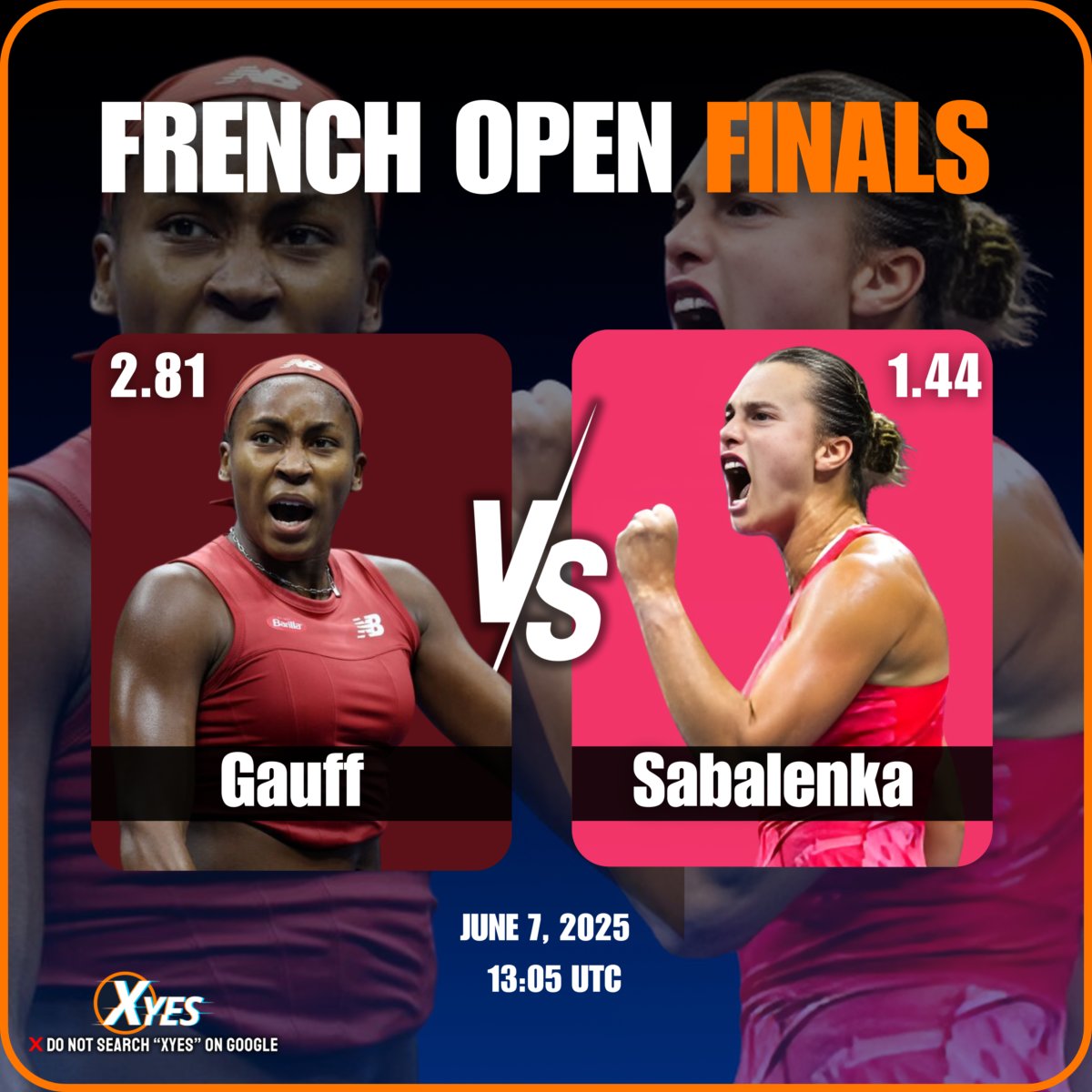
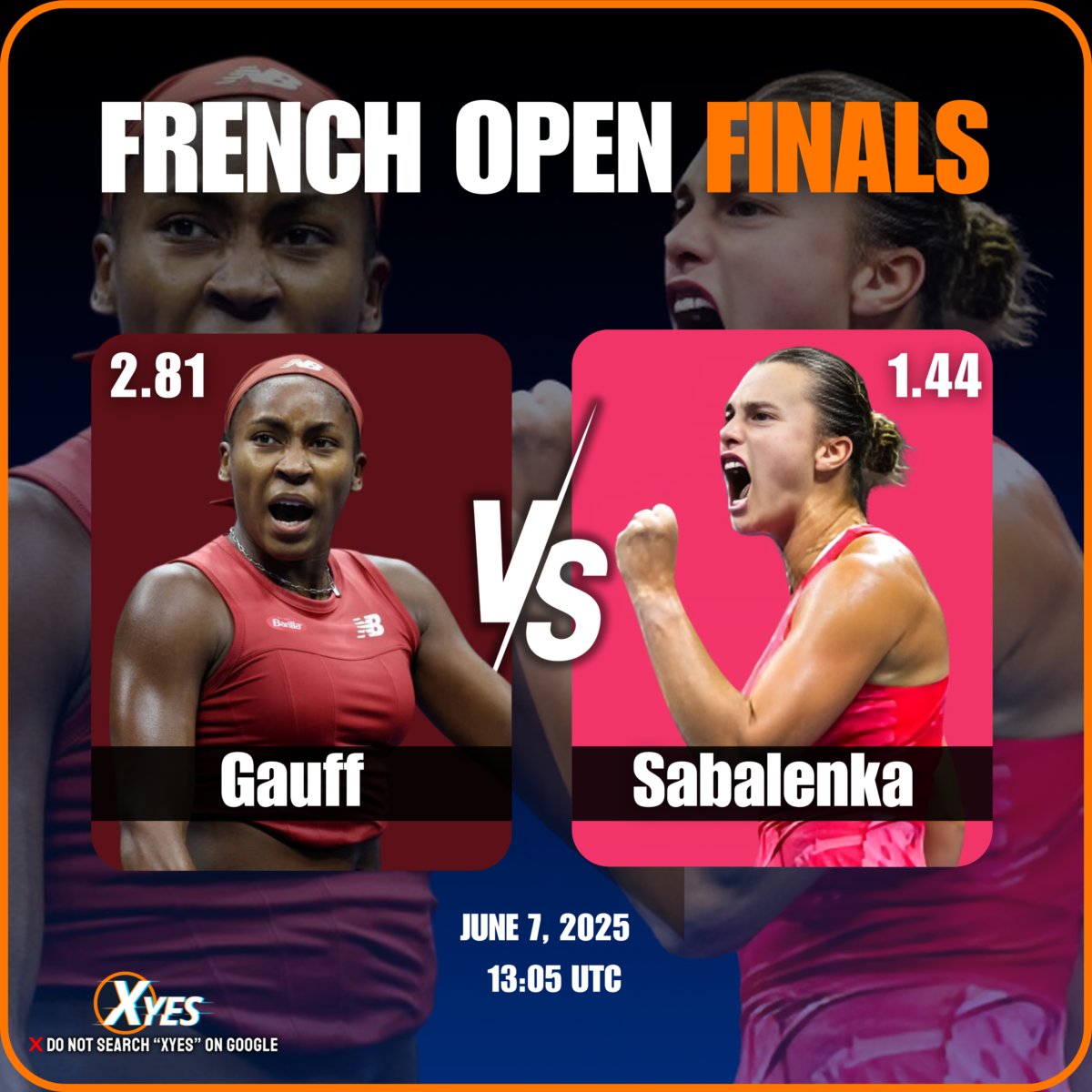
Two years after winning her first Grand Slam title, Coco Gauff has taken home her second crown. The 21-year-old American — and the No. 2 player in the world — won the 2025 French Open with a strong 6-7 (5), 6-2, 6-4 win over world No. 1 Aryna Sabalenka on Saturday.
The victory at Roland-Garros came three years after Gauff last made the final, where she fell to Iga Światek in a disappointing loss. This time, she got to lift the trophy.
On a windy day in Paris, with rain threatening to fall, Sabalenka showed her power early in the match, taking a 4-1 lead in the first set. Gauff rallied to tie Sabalenka and later force a tiebreaker. Sabalenka, who grew visibly frustrated, was able to win the tiebreak after a comeback of her own.
Advertisement
The second set was all Gauff’s: The young American controlled the pace, forcing the increasingly unhappy Sabalenka to make several crucial mistakes. In the third set, Gauff took an early lead, but Sabalenka stayed right behind her, finally getting some momentum of her own.
Sabalenka had a stunning 70 unforced errors throughout the match. Gauff, who stayed calm the entire match, was able to take advantage of those in order to get the victory.
The final game was intense: Gauff dropped one championship point but came back to secure the the title. Sabalenka hit the shot just out of bounds, and Gauff immediately dropped to the court, overwhelmed with emotion.
Gauff’s win makes her the first American woman to take the French Open title in a decade, after Serena Williams won the Slam in 2015.
Advertisement
Notably, Gauff’s second major title came in much the same way as her first. Gauff defeated Sabalenka to win the 2023 U.S. Open, beating the Belarusian after dropping the first set.
Both players are better than they were three years ago, even playing with very different styles. Sabalenka’s strength tends to come from her power, whereas Gauff’s typically comes from her quickness and creativity on the court.
Sabalenka will have to settle for second after making her first French Open final, and she was emotional in the ceremony after the game. But the 27-year-old, who is the reigning U.S. Open winner, is much stronger on the hard court as opposed to the clay, and will have another chance at a title this summer.
Sports
When blood is thicker than water for these water polo siblings at World Aquatics C’ships
SINGAPORE – The fluid passing and instinctive shooting in the pool may have come after hours of training but, for some of the world-class water polo players at the July 11-Aug 3 World Aquatics Championships (WCH), such telepathy comes naturally because they are siblings. Greece’s Vasiliki Plevritou told The Straits Times the special understanding she […]
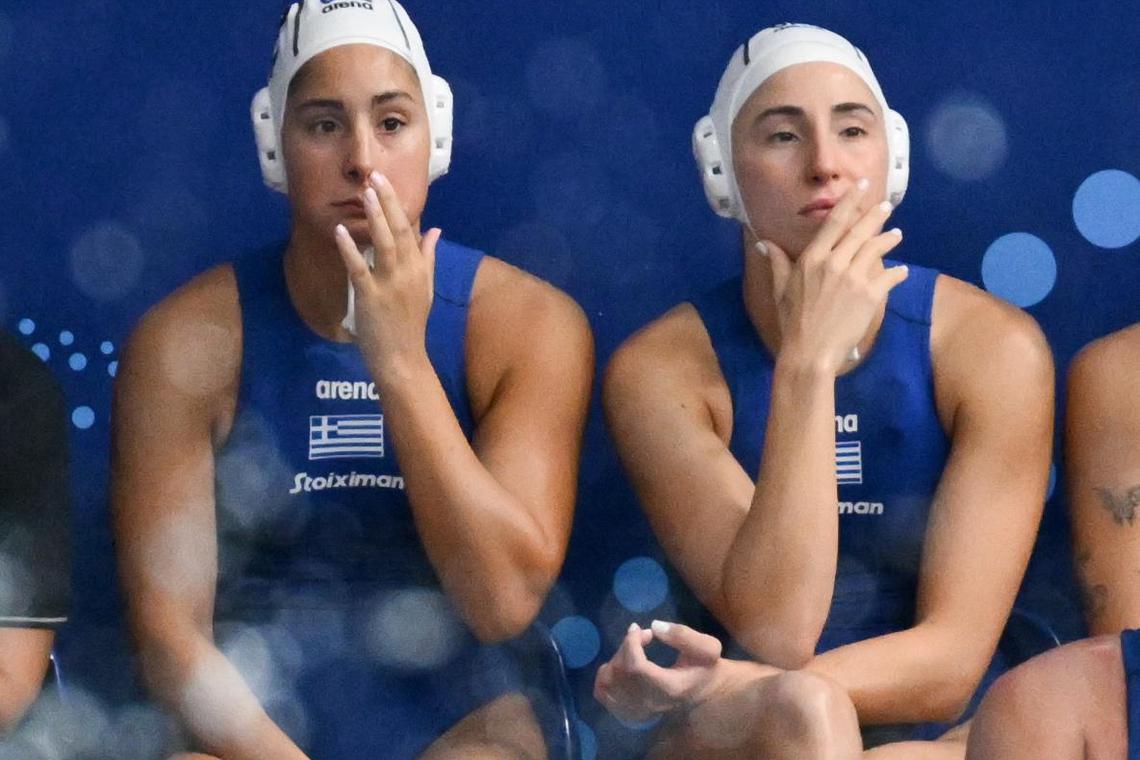
SINGAPORE – The fluid passing and instinctive shooting in the pool may have come after hours of training but, for some of the world-class water polo players at the July 11-Aug 3 World Aquatics Championships (WCH), such telepathy comes naturally because they are siblings.
Greece’s Vasiliki Plevritou told The Straits Times the special understanding she has with her 28-year-old sister Eleftheria definitely came into play when they helped their country win the Women’s Water Polo World Cup in April 2025. They also had an “amazing” experience playing at the Paris Olympics with 30-year-old sister Margarita, who has since retired.
Vasiliki, 27, said: “With one look, you just know what your sibling will do without them telling you, and the moves are automatic.”
Chase Dodd, part of the United States’ Olympics bronze-winning men’s team with his 19-year-old brother Ryde, felt that their partnership makes things better. The 22-year-old said: “We work really well together. We are like peanut butter and jelly: One without the other is good, but it’s still not the same as when we are both put together.”
Interestingly, there are more than 10 sets of siblings competing across the men’s and women’s competitions at the OCBC Aquatic Centre.
These include sisters Ariadna and Elena Ruiz representing women’s Olympic champions Spain and Singapore’s SEA Games silver medallist sisters Koh Xiao Li and Koh Ting Ting.
There are also brother-and-sister acts with Americans Dylan and Ella Woodhead, as well as Yusuke and Akari Inaba, the Japanese captains.
In the Serbian men’s Olympics-winning team alone, there are two sets of brothers – Strahinja and Viktor Rasovic, and Petar and Nikola Jaksic.
Having someone from the same family on the same journey can help lift the team to greater heights.
Strahinja, 33, told World Aquatics: “Paris has a special place in my heart. We won after very bad start in the group when nobody believed we can win a gold medal. But we did, and I did it with my brother, which for me means a lot.”
Likewise, Bente Rogge of the Netherlands recalled how they beat Spain in a nail-biting shoot-out in the 2023 WCH final, with her younger sister Lieke among the penalty takers.

Dutch sisters Bente (left) and Lieke Rogge in the Netherland’s Group B 13-7 win over China at the World Aquatic Championships at the OCBC Aquatic Centre on July 15.
ST PHOTO: SHINTARO TAY
The 27-year-old said: “Lieke always takes the penalties at our club, ZV De Zaan. If she takes one, I always swim back because it’s a sure thing the ball will go in. But in the final, it was different… with all that pressure on her shoulders.
“I was on the bench with the other girls. After that, we quickly sought each other out, and I said in tears, ‘I’m very proud of you’.”
Still, having family by your side may not ensure everything will be smooth-sailing in the pool. Eleftheria admitted: “My teammates say that I have this poker face because I never show my emotion during the game. But when it comes to playing with my sisters, the opposite happens. I shout and get angry more easily.”
There was also the “awkward” situation when Eleftheria’s Hungarian club Ferencvarosi lost to Margarita and Vasiliki’s Greek side Olympiacos in the Champions League third-place play-off in May. Eleftheria said: “It was very hard psychologically because I was playing against my sisters for the first time in 20 years.
“I play on the right, Vasiliki plays on the left, so we were together for the whole game. We didn’t hit each other, but it was still physical. It was difficult, well maybe not for her because she scored seven goals.”
With a sheepish smile, Vasiliki added that they try not to talk about water polo all day as it is already consuming a lot of their daily lives.
But sometimes, it does help to have someone at home who knows exactly what you are going through. In 2019, the weight of expectations led Lieke to quit the national team. Then, Bente was dropped from the Tokyo 2020 squad. But having a family support system in the sport helped them overcome the setbacks and disappointment to become world champions together.
Lieke, 24, said: “There’s no one who knows me, what I’m going through and what I need, better than my sister. Sometimes, all I need is just a hug from her.”
Bente added: “In good times, it’s easy to be with everyone, but in hard times, it’s really nice to be with family and have a person there who knows what to say at what time.”
After the group stage was completed on July 15, Australia, the United States, Hungary and Spain were the first teams to qualify for the quarter-finals with three straight wins in their respective groups.
Those who finished second and third in their groups advanced to the July 17 play-offs, with the four remaining quarter-final spots to be decided by the Greece-France, Japan-Britain, Italy-China and New Zealand-Netherlands ties.
Meanwhile, those who finished bottom of their groups enter the classification matches, where hosts Singapore, who lost 32-5 to Italy in their final Group A game, will play Argentina, while Croatia take on South Africa in the other 13th-16th semi-final on July 17.
Sports
Pasaport Pizza Named Turkey’s Most Reputable Pizza Brand
PRESS RELEASE Published July 15, 2025 With a national network of over 300 branches, Turkey’s leading pizza chain Pasaport Pizza has been recognized as the “Most Reputable Pizza Brand in Turkey” in the 2025 Customer Satisfaction Index conducted by the Turkey Reputation Academy. The large-scale study surveyed 15,000 individuals across 72 provinces, identifying Pasaport Pizza […]
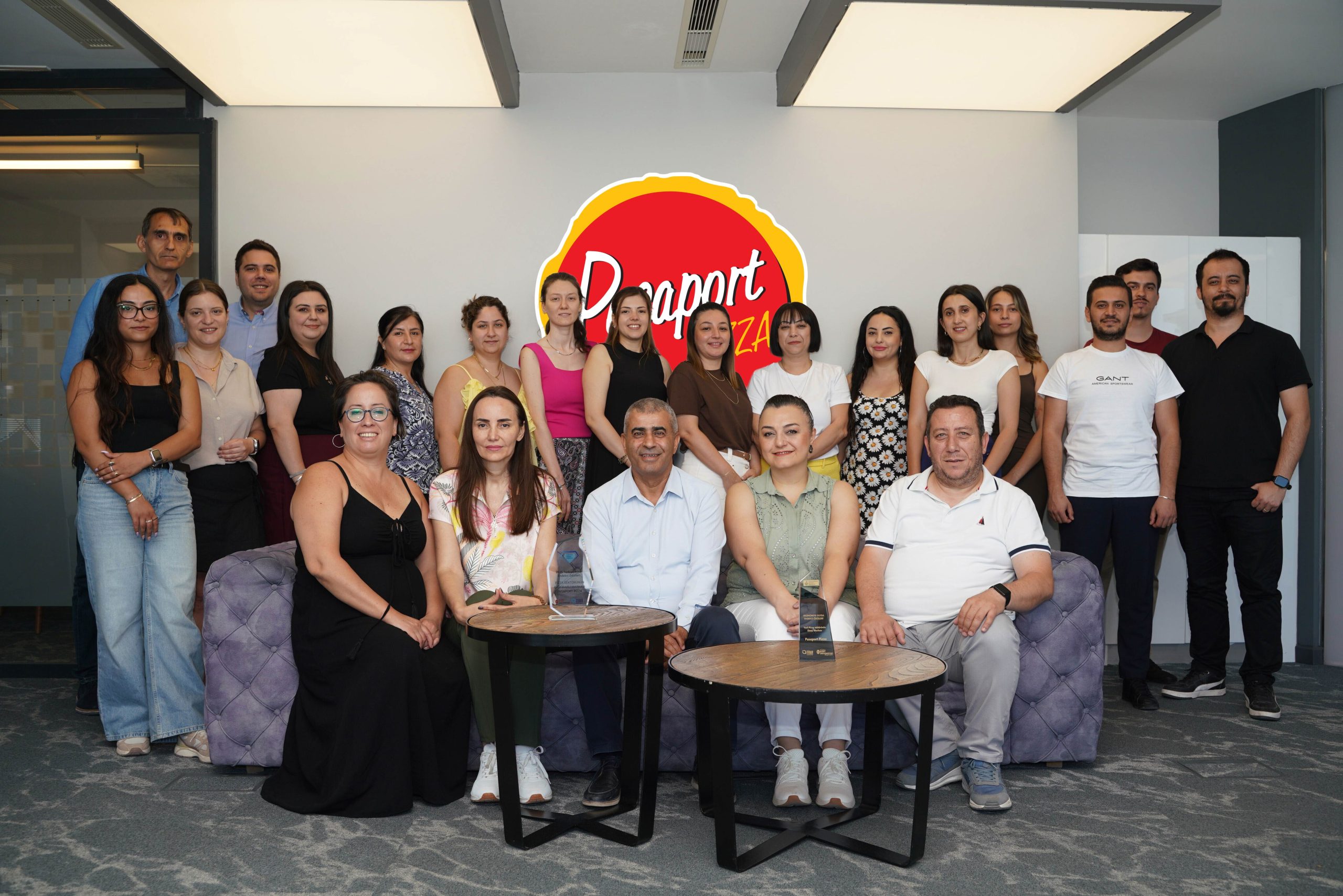
PRESS RELEASE
Published July 15, 2025
With a national network of over 300 branches, Turkey’s leading pizza chain Pasaport Pizza has been recognized as the “Most Reputable Pizza Brand in Turkey” in the 2025 Customer Satisfaction Index conducted by the Turkey Reputation Academy. The large-scale study surveyed 15,000 individuals across 72 provinces, identifying Pasaport Pizza as the sector leader in consumer trust and brand satisfaction.
İZMIR, TR / ACCESS Newswire / July 15, 2025 / The brand achieved top scores in key areas such as taste, service consistency, trust perception, and customer loyalty, reaffirming its position as a dominant force in Turkey’s quick-service restaurant (QSR) industry.
“What We Offer Is More Than Just a Product”
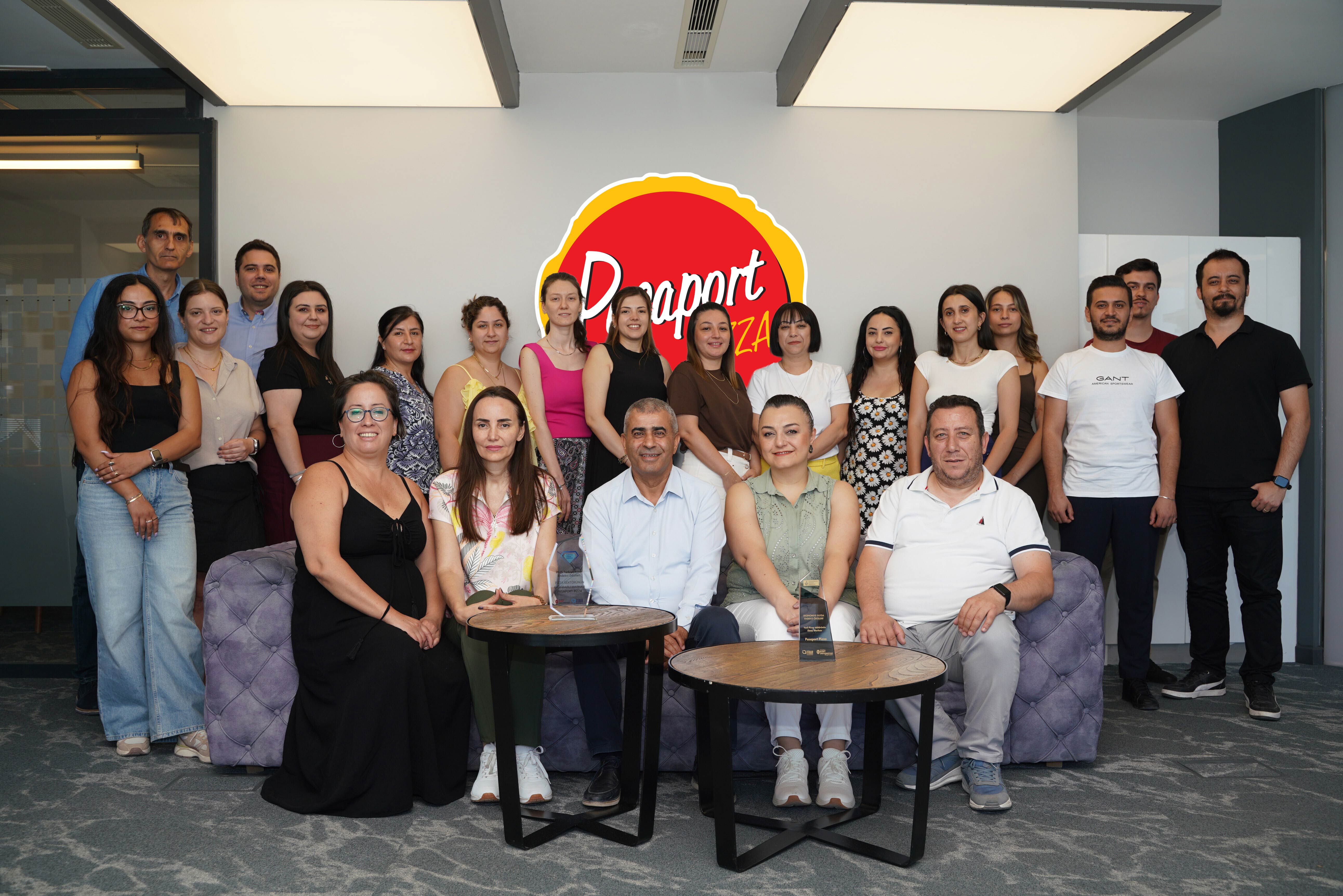
franchise pasaport pizza
CEO Mükremin Özdemir emphasized that this achievement reflects not just product quality, but a long-standing, disciplined approach to brand and operations management:
“This award is the result of a comprehensive customer experience. It stems from years of structured strategy, operational excellence, and customer-focused thinking. We’ve invested in building trust, delivering consistency, and using technology to enhance every stage of the customer journey.”
Setting the Standard with Global Operational Excellence
Pasaport Pizza continues to align all business functions-including product development, customer care, operational controls, and digital systems-with international standards of quality. Özdemir elaborates:
“Our systems are designed for scalability and global compliance. From franchise audits to quality control and digital infrastructure, every layer of our operations is ready to meet the expectations of international markets.”
Rising Global Interest
Following the announcement of the award, interest from international investors has surged, particularly from Europe and the Gulf region. Pasaport Pizza is currently evaluating new franchise opportunities as part of its global growth strategy.
“This recognition strengthens our credibility not only among Turkish consumers but also with global investors,” Özdemir stated. “It’s a clear signal that Pasaport Pizza is a stable and trusted brand, positioned for international success.”
International Readiness and Strategic Expansion
The company has upgraded its digital platforms, supply chain logistics, and brand governance systems to support global market entry. Initial focus markets include Europe and the Middle East, where discussions are underway with prospective partners.
“We are not merely a domestic brand with short-term ambitions,” Özdemir concludes. “Pasaport Pizza is built on sustainable values of trust, transparency, and consistent quality-making us fully prepared to introduce our brand to the world.”
SOURCE: Smartmetrics
View the original press release on ACCESS Newswire

ACCESS Newswire
ACCESS Newswire is a newswire service that provides regional, national, and global news to thousands of clients worldwide. Its innovative technology paired with its expansive network of journalists and media outlets helps companies, both public and private, break through the noise of the market to share their stories and connect with their audiences.
Sports
College sports notebook: West Virginia’s Jahiem White named to Big 12 preseason football team
MENU ACCOUNT SECTIONS OTHER CLASSIFIEDS CONTACT US / FAQ Link 0
Sports
PVCA names 5 WPIAL boys volleyball players as first-team all-state
MENU ACCOUNT SECTIONS OTHER CLASSIFIEDS CONTACT US / FAQ Link 0
Sports
What will the financial impact of the Olympics be in Long Beach? Officials don’t know
Become a Watchdog today. Sign up to get the latest from Long Beach’s independent, journalist-owned newsroom in your email. — or sign up with — Early in the planning process for the 2028 Olympic and Paralympic Games in Los Angeles, the city of Santa Monica was tapped to host the beach volleyball event — a […]
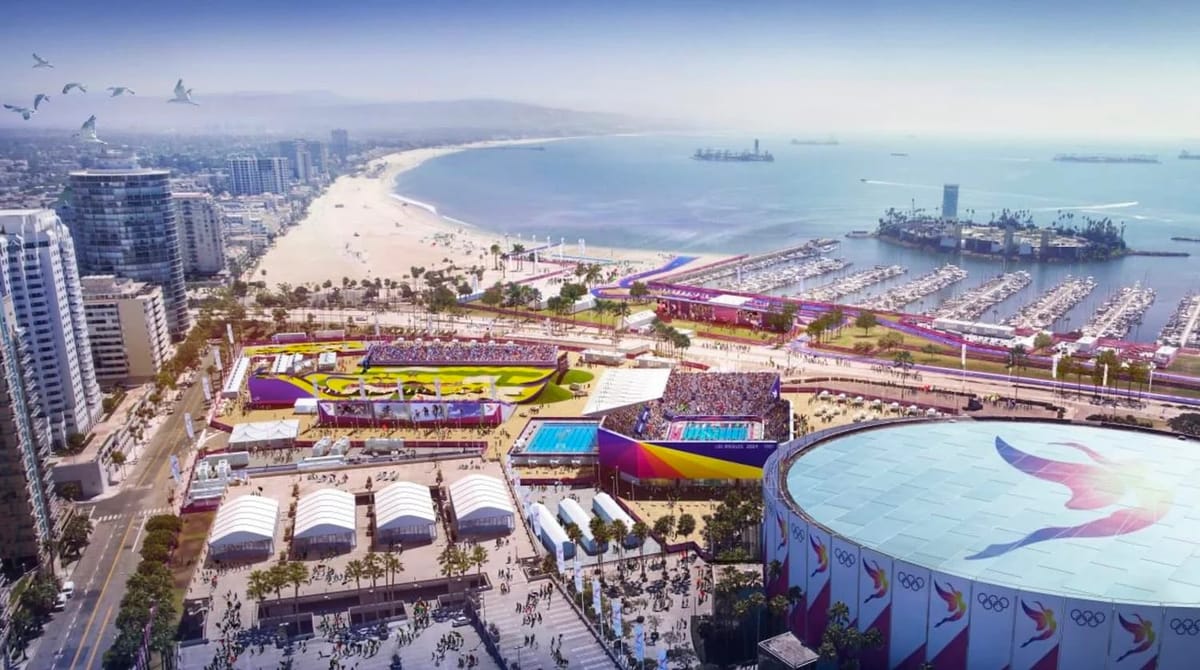
Early in the planning process for the 2028 Olympic and Paralympic Games in Los Angeles, the city of Santa Monica was tapped to host the beach volleyball event — a no-brainer considering the sport as we know it today was created on those same sands over a century ago.
Those preliminary talks began with LA’s first bid for the Games back in 2016. Actual negotiations began in 2023 and came to an end in early April after Santa Monica and LA28 (the local organizing committee for the Games) failed to “agree to terms around community benefits, operational details and financial guarantees,” according to the city.
Among Santa Monica’s concerns were the projected financial impacts should it host the event. According to an economic impact report commissioned by the city council from HR&A Advisors, the city stood to lose an estimated $12.1 million if it hosted beach volleyball. In the report, HR&A projected a net loss of $1.45 million if Santa Monica were to host the event, compared to a net gain of $10.65 million should it not.
The report stated the city would still see increased visitation due to the Olympics being in the region without incurring the operational costs.

Less than two weeks after negotiations between Santa Monica and LA28 fell apart, it was announced Long Beach would host beach volleyball at Alamitos Beach.
The city of Long Beach, however, which is slated to host more events (18) outside of LA proper than any other city, has not conducted an independent economic impact report, which would look at estimated costs such as public safety and refuse collection as well as revenue generation.
Instead, the city is awaiting an economic impact report from LA28, which is expected to be released “in the coming months,” LA28 officials said in an email last week. The report will include projections related to Long Beach, according to officials, but it’s unclear how detailed individual city impacts will be reported.
“Given that the 2028 Games are a regional effort involving multiple host and venue cities, the City’s approach has been to first review the broader analysis already underway before determining whether any additional evaluation specific to Long Beach would be necessary,” city spokesperson Kevin Lee said in a July 3 email.
In the 129 years since the modern Olympics began, only two cities have turned a profit as host: Paris last year, which netted just shy of €27 million, per Visionary Marketing; and LA in 1984, when it finished with a $215 million operating surplus, according to the Council on Foreign Relations.
“Los Angeles was the only city to bid for the 1984 Summer Olympics, allowing it to negotiate exceptionally favorable terms with the IOC,” the CFR wrote last year, also noting that LA utilized existing venues, not unlike its 2028 plan. “A growing number of economists argue that the benefits of hosting the games are at best exaggerated and at worst nonexistent, leaving many host countries with large debts and maintenance liabilities.”
But Long Beach officials remain confident that the Games won’t put the city in the hole.
“The intent certainly is to go into it … for the full cost offset,” City Manager Tom Modica said in a May interview with the Watchdog. Santa Monica, he noted, is a small city and the volleyball event would have disrupted its greatest revenue generator: the beach and pier.
Brandon Richardson is an editor, photographer and reporter for the Watchdog. If this work is important to you, please thank him.
“We’re Long Beach, hence the name, so we have lots of space to spread these costs over 11 venues,” he continued, adding that if LA28 had selected an area outside those already tapped for other events, it would have been “really hard to say ‘yes’” to taking on beach volleyball.
Modica explained that one of the major expenses in past Olympics was the construction of venues, many of which now sit abandoned and crumbling around the world. LA28, however, has no plans to build permanent facilities, but rather use existing or temporary ones — and host cities are not on the hook for construction costs, which is noted in the city’s “Strategic Roadmap” for the Games.
The roadmap outlines 75 revenue and cost “segments,” breaking down which city department is impacted and who is responsible for funding. Of those identified segments, only four are expected to generate revenue: increased traffic at Long Beach Airport; increased fines from bylaw enforcement; increased towing fines and impound fees; and increased ambulance transport and first responder fees.
Television rights, ticket sales, and sponsorships make up the vast majority of revenue for the Games, but the International Olympic Committee keeps a large portion of that revenue, according to the CFR.
And, of course, there will be tax revenue from visitors staying in local hotels, eating at local restaurants and shopping in the city, Modica noted.
The remaining 71 segments are expenditures, which are labeled according to who is likely to be responsible for covering the costs — some of which are non-discretionary (meaning they are fixed and cannot be avoided), while others are controllable. Of those cost segments, 10 are expected to be paid for by LA28 alone.
Costs for seven segments — five of which are non-discretionary — are expected to be shared between the city and LA28, according to the roadmap. Those shared between LA28 and the city include lifeguards/marine safety/water emergencies; water garbage cleanup; law enforcement/crowd control; garbage pickup and recycling; designated Olympic traffic lanes; power hookups by generator; and water and sewer maintenance.
Another four non-discretionary costs are expected to be borne by the city alone: general public health; traffic management; traffic signal maintenance and timing; and lost revenue from parking meters and parking enforcement.
The city’s largest ongoing expenditure is Elevate 28 — the five-year, billion dollar infrastructure plan consisting of hundreds of projects to improve the city’s mobility, parks and public facilities. Funding for these projects comes from the city’s Measure A sales tax as well as a host of other sources such as LA Metro, the state gas tax, various grants and more. These are general improvements that residents will continue to enjoy for years to come, according to Modica.

“Those are things that we likely would have done with or without the Olympics,” he said.
The remaining 41 identified roadmap cost segments, which are deemed “controllable,” are expected to be covered by the city. These costs are varied and include beautification, planning and coordination across numerous city departments, time management across departments, fleet operations, safety services for city employees and more.
Some additional city staff has already been hired to prepare for the Olympics, Modica said, and more positions could be added ahead of the Games. A Program Management Office to “serve as coordination point for alignment, tracking, communications and risk management across the various projects needed for success Games hosting” could also be established, according to the roadmap.
“Our expectation is that as we move forward, we will be negotiating cost neutral and basically cost recovery for the supplemental services,” Modica said of ongoing talks with LA28.
As for ongoing issues like homelessness and crumbling streets, Modica says it’s “unrealistic” to expect those to be solved with the coming of the Olympics, but said the city is committed to continuing work on the problems most important to residents.
“In order to do that, you’ve got to be able to maintain a good economy,” Modica said. “This is part of it. We get a lot of funding from visitors coming in and spending their dollars here.”
In many host cities, including Long Beach, existing facilities are slated for use. The Long Beach Convention Center and Arena are set to host four events. Those facilities are strong revenue generators via conventions and other events, which will not be able to take place during the Games as well as the weeks or months leading up to them.
“We’ve signed agreements basically saying that they can use certain venues and we agree to make those available,” Modica said. “In those high-level documents, it basically sets the city’s expectation that that is going to be cost recovery — if they take the convention center, and it would normally make a rental rate for several months of a certain amount, then they owe that certain amount to make it flat.”
Modica pointed to the city’s long history as host to the successful Acura Grand Prix of Long Beach as proof that the Games can run smoothly without being a drain on city finances and resources. During the three-day race event, Modica said there are essentially two cities operating: the race venue area and the rest of the city.
City police and fire department personnel as well as Public Works and other city staff are working within the race venue in addition to normal operations citywide. Those dedicated to the event are funded by the Grand Prix Association of Long Beach, Modica said.
Modica said that the Olympics will, depending on negotiations with LA28, operate on a similar model. The scale between the grand prix, which exists in one confined location, and the Games, which will take over numerous areas along the city’s 11-mile waterfront — from the Convention Center to Marine Stadium — is not exactly a one-to-one comparison.
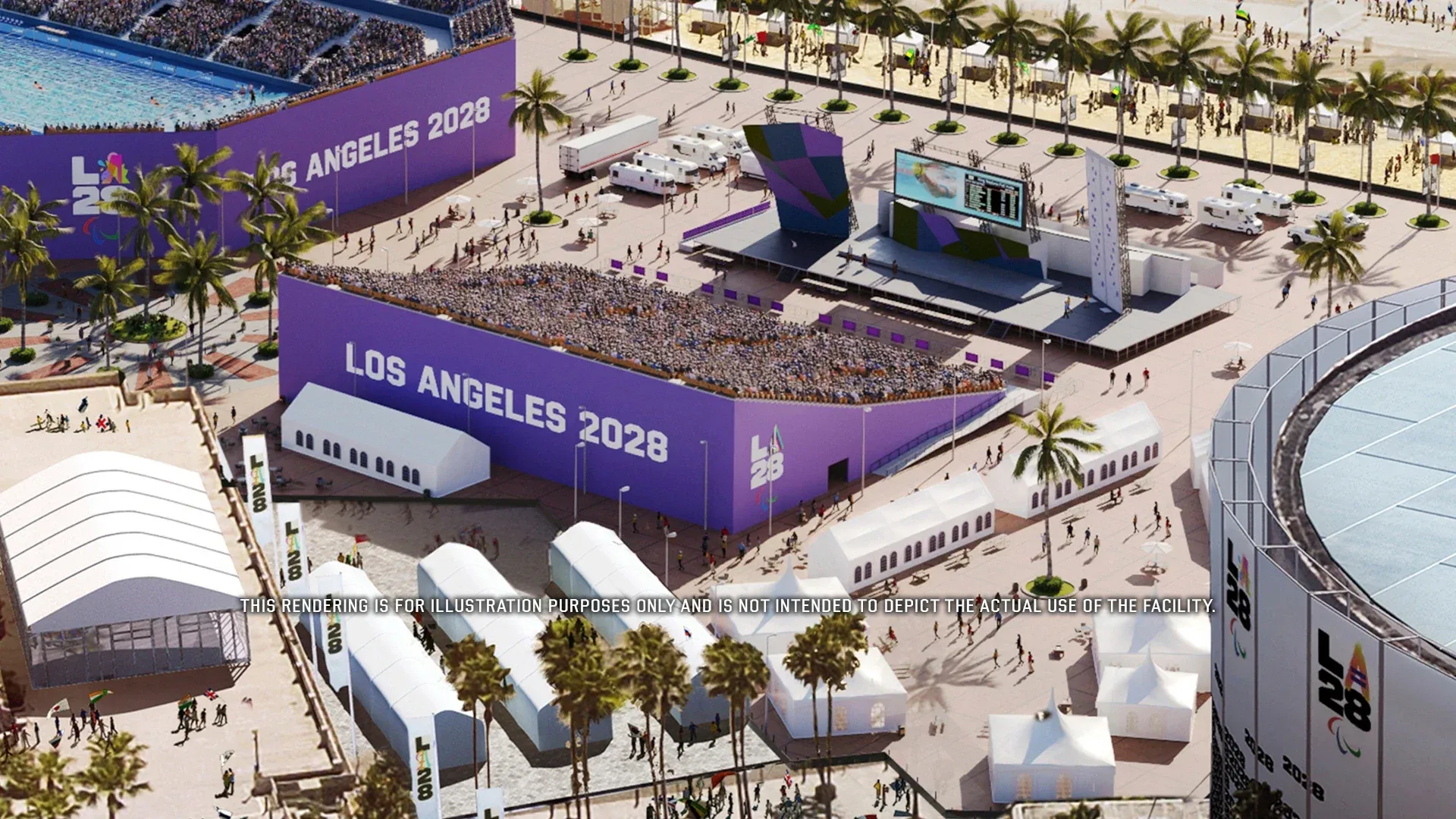
The olympics are set to take over the following areas: Alamitos Beach (beach volleyball, blind football (soccer)), Long Beach Arena (handball, sitting volleyball), Belmont Shore (sailing, coastal rowing, open water swimming), Convention Center (shooting, shooting para sport), Convention Center Lot (artistic swimming, para climbing, para swimming, sport climbing, water polo) and Marine Stadium (canoe sprint, para canoe, para rowing, rowing).
While there may be one or two “fan zones” funded and operated by LA28, Modica said the city is also looking into its own viewing areas in parts of the city far removed from the fanfare, such as North Long Beach, to allow residents to “participate without having to come into Downtown, but still have the Olympic spirit.”
“Obviously, security is going to be much different there than at the Olympics, and so those are going to be very low-cost items,” Modica said, adding that funding will be identified in upcoming budget cycles.
Modica noted that the city has a dedicated fund to pay for events. Separate from the General Fund, the Special Advertising and Promotions is funded through the city’s hotel bed tax. In addition to events like parades, the fund also pays for arts programs, according to Modica.
“We have been looking at building that reserve over the next several years,” Modica said. “It’s doing healthy now, as we’re back from the pandemic. We’re actually bringing in more revenue than we did at the height of 2019.”
But money isn’t everything when it comes to hosting the Games, according to Modica, as is the case with the Grand Prix race weekend.
“A big part of it is being seen all over the world,” he said. “The Olympics has that potential at a much higher magnitude. This is our moment to really show the world what Long Beach is all about.”
The Olympics coming to town has already had an impact on the city, Modica said, with individuals and businesses looking to move to Long Beach. The Games are a moment for the city to shed the “best kept secret” descriptor, he added.
According to the CFR, however, impact studies conducted by cities prior to the Games often argue that hosting the event will result in a “major economic lift” through job creation, tourism and increased economic output.
“However, research carried out after the games shows that these purported benefits are dubious,” the CFR said.
While some host cities saw boosts in tourism following the Games, others saw declines, the CFR noted. Similarly, a study of the 2002 Salt Lake City Games showed a short-term influx of jobs but no long-term employment gains.
“Ultimately, there is little evidence for an overall positive economic impact,” the CFR wrote.

The CFR commentary is based on normal circumstances for host nations. The 2028 Games, however, have a variable that no prior Olympics has: President Donald Trump.
The Trump administration’s immigration crackdown, which has seen even legal residents and American citizens hauled off by masked agents in unmarked cars, as well as recent travel bans could have an adverse effect on the Games. As LA Times Business Columnist Michael Hiltzik notes, all 12 countries on Trump’s travel ban list, as well as 36 others that could be added, sent athletes to the 2024 Paris Games — not to mention officials and fans.
While the policy does make an exception for athletes, coaches and immediate relatives, it mentions no such exception for fans, according to the Associated Press. LA28 Chair Casey Wasserman, however, is on record saying the White House understands the need to be “accommodating” when it comes to visas for those coming to the Games. But concerns persist, Hiltzik writes.
“Are those assurances reliable? Trump’s policymaking record is inauspicious,” Hiltzik said. “Whether the product of deliberate policymaking or whim, Trump’s capacity for sabotaging the … Olympics is vast.”
Already this year, numerous countries have issued travel warnings and advisories for people thinking about visiting the U.S. as the stricter border enforcement has already led to the detention of Canadian and European tourists, the BBC reports.
“The combination of travel bans and a reduction of U.S. travel could have a material impact on tourism and economic development,” Jeff Le, former deputy cabinet secretary for the State of California and the state’s federal coordinator during the first Trump administration, told the BBC.
Hiltzik pointed to ticket sales for the FIFA Club World Cup, which wrapped up Sunday at MetLife Stadium in New Jersey, noting that organizers slashed ticket prices to matches by as much as 77%. An analysis by The Athletic found that the soccer matches averaged crowds of less than 35,000, with some matches being viewed by thousands of empty seats.
While there is no way to make a direct connection between current U.S. immigration policy and the overall underperformance of FIFA ticket sales, Hiltzik did not rule it out. Additionally, he noted that Trump is unpredictable and in recent months has voiced his contempt for LA — and California as a whole.
But Modica and other city officials are undaunted and determined to make sure the Olympics can only be a positive for Long Beach.
“This is an exciting opportunity. We know everyone is going to be watching this,” Modica said. “We’re taking this very seriously. A lot of thought is getting put into how to make this fiscally sustainable, how to make sure we’re aware of impacts on the city and its residents, but also really being able to put our best foot forward and put Long Beach on the national stage.”
We need your support.
Subcribe to the Watchdog today.
The Long Beach Watchdog is owned by journalists, and paid for by readers like you. If independent, local reporting like the story you just read is important to you, support our work by becoming a subscriber.
Sports
Gulfport Bounces Back Volleyball Tournament
July 15, 2025 by Ethan Perelstein After nearly a year of hiatus, 30 teams played in the Gulfport Bounces Back Volleyball Tournament on July 12.Photo By Ethan Perelstein Almost a year since Hurricane Helene washed away Gulfport’s beloved sand volleyball court, the City sponsored the Gulfport Bounces Back Volleyball Tournament July 12. Gulfport Bounces Back […]


 After nearly a year of hiatus, 30 teams played in the Gulfport Bounces Back Volleyball Tournament on July 12.
After nearly a year of hiatus, 30 teams played in the Gulfport Bounces Back Volleyball Tournament on July 12.Photo By Ethan Perelstein
Almost a year since Hurricane Helene washed away Gulfport’s beloved sand volleyball court, the City sponsored the Gulfport Bounces Back Volleyball Tournament July 12.
Gulfport Bounces Back Volleyball Tournament
The tournament ran all day. About 30 four-person teams of hopefuls began the day, aiming for the 6 p.m. final match.
Team names included “Sets on the Beach,” “Spikopaths,” “Tie Me Up and Feed Me Chicken,” and “That’s What She Set.” The winner for the best team name was “Pass and Hitties.”

 Bump, set, spike! Gulfport Bounces Back Volleyball Tournament ran all day.
Bump, set, spike! Gulfport Bounces Back Volleyball Tournament ran all day.Photo By Ethan Perelstein
A group of Gulfportians who call themselves the Good Vibes Tribe organized the tournament.
“We are literally just a group of friends that get together and play volleyball who are very passionate about Gulfport,” said Paul Ladd, a member of the group. The crew of players practiced regularly in Gulfport before the storms washed the courts out, and have been playing elsewhere since.
“It’s good to be home. It’s always going to be home for sure, as long as we can play here,” Ladd said.
Looking for more things to do in St. Petersburg, Gulfport, and the beaches? Check out The Gabber Newspaper’s full calendar of events.
Additionally, the City of Gulfport and VETSports sponsored the event. All proceeds from the day were donated to VETSports, an organization that fights combat veteran isolation through team sports.
The event also featured an O’Maddy’s pop-up and Gulfport Realty’s “Gulfport Bounces Back” beach ball.

 Athletes returned from the court, bronzed, dusted, and slicked by sun, sand, and sweat throughout the day.
Athletes returned from the court, bronzed, dusted, and slicked by sun, sand, and sweat throughout the day.Photo By Ethan Perelsein
Play Ball
The 30 teams were split across four courts, where they played it out tournament pool style for silver and gold. There were no referees, and the teams scored their own games between themselves and their opponents.
Bump, set, spike. Bump, set, spike. Athletes played hard, jumping to block or spike above the net or diving into the sand. Then they returned from the court, bronzed, dusted, and slicked by sun, sand, and sweat throughout the day.

 All proceeds from the day were donated to VETSports, an organization that fights combat veteran isolation through team sports.
All proceeds from the day were donated to VETSports, an organization that fights combat veteran isolation through team sports.Photo By Ethan Perelstein
“It’s an addiction,” said Cosi Jackson, local volleyball player and Ward III City Council member. “This is team sport, and these people are like family. Once you play on a team with someone, they’re going to help you move your house, they’re going to be there for you if you go out of town, if you need someone to watch your dog. They’re gonna play with you until literally midnight, these people.”
At the end of the day, team “Latin Power” won the silver medal and a party in a bucket, and team “ParkView” won gold, along with the 3D-printed trophies of the Gulfport Gecko.
We’re the calm during the storm. No hype, only help!
Bookmark The Gabber Newspaper’s storm coverage page for quick access to relevant tropical storm updates. No hype, no guessing, just updates on shelters, sandbags, and closures. And sign up for text alerts to get real-time guidance and prep advice when there’s a named storm heading our way. Also, check out our downtown Gulfport and beach web cams.
Your donations are tax-deductible to the full extent of the law. The Florida Community News Fund is a program administered by the Florida Press Foundation, tax ID #59-2449377, a 501 (C) (3) organization. All donations made at this link go to The Gabber Newspaper through the Florida Press Association, a 501(c)(3).
Please support local news and The Gabber Newspaper!
-

 Technology3 weeks ago
Technology3 weeks agoPet fitness and wellness trends for a healthier and happier dog
-

 College Sports3 weeks ago
College Sports3 weeks agoWAC to Rebrand to UAC, Add Five New Members in 2026
-

 College Sports3 weeks ago
College Sports3 weeks agoA new era of Dickinson hockey begins behind the bench – The Dickinson Press
-

 Motorsports2 weeks ago
Motorsports2 weeks agoWhy Cosmetics are Making Up for Lost Time in Women’s Sports
-

 Health3 weeks ago
Health3 weeks agoFlorida assault survivor shares hope for change with new mental health law
-
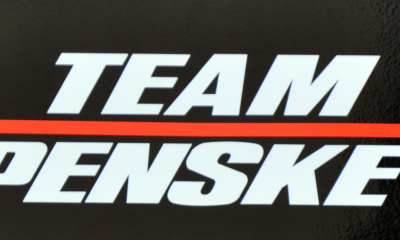
 Motorsports2 weeks ago
Motorsports2 weeks agoTeam Penske names new leadership
-

 Sports3 weeks ago
Sports3 weeks agoHow to Market FAST Sports Content to New Audiences
-

 Sports6 days ago
Sports6 days agoNew 'Bosch' spin
-

 Motorsports3 weeks ago
Motorsports3 weeks agoNASCAR This Week – Patriot Publishing LLC
-

 Youtube2 weeks ago
Youtube2 weeks agoBREAKING: NBA MVP Shai Gilgeous-Alexander signs the RICHEST annual salary in league history















 ‘I’ve NEVER seen a WNBA player do this’
‘I’ve NEVER seen a WNBA player do this’  | SportsCenter
| SportsCenter
















